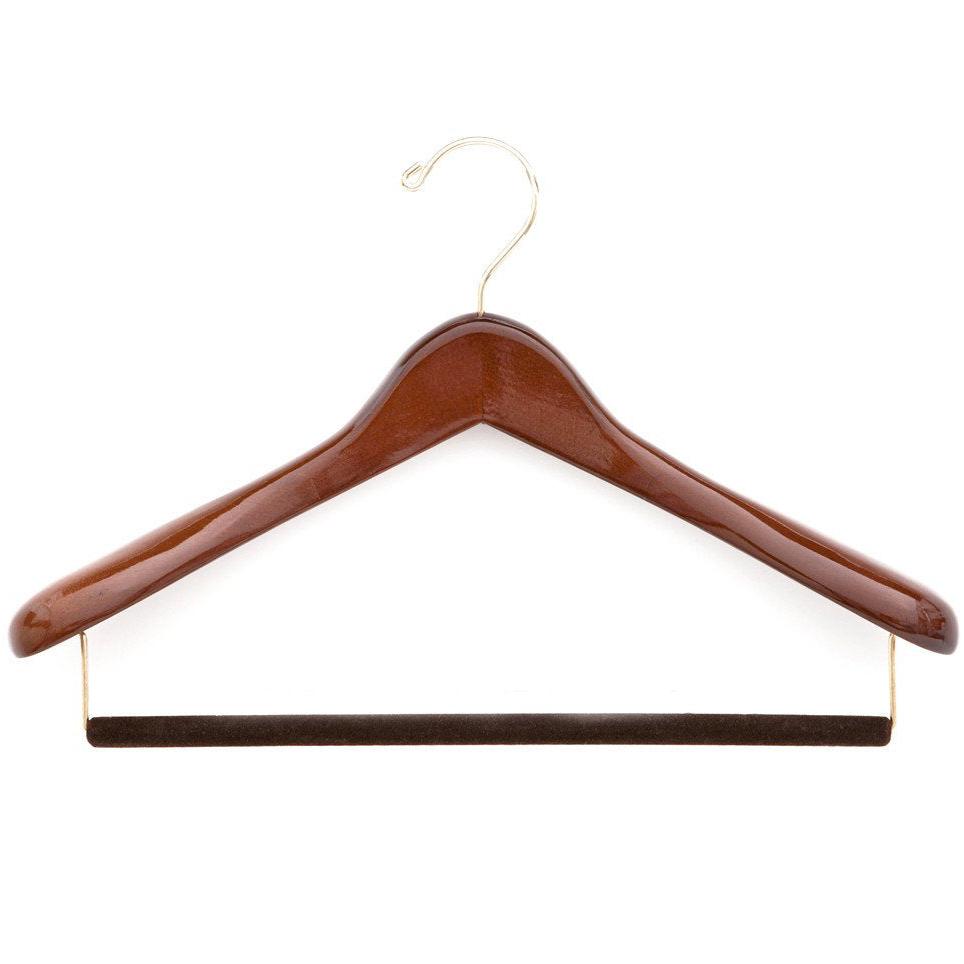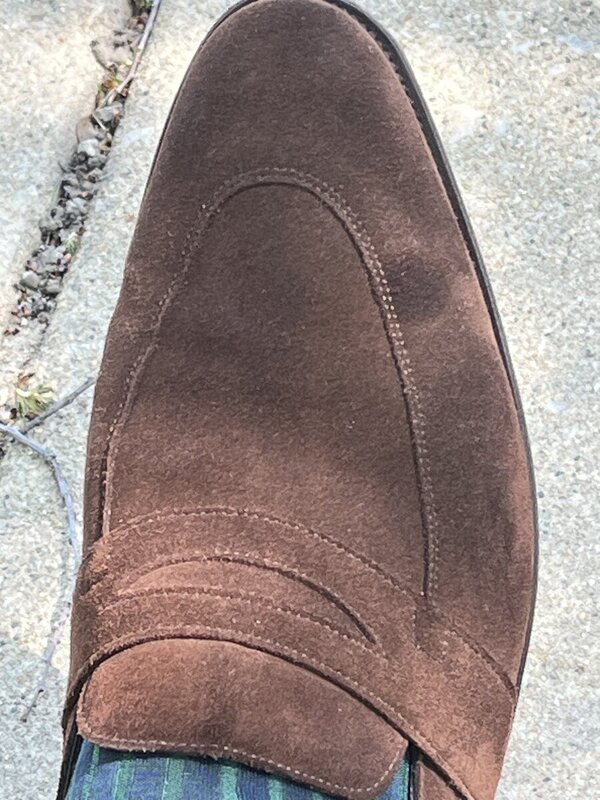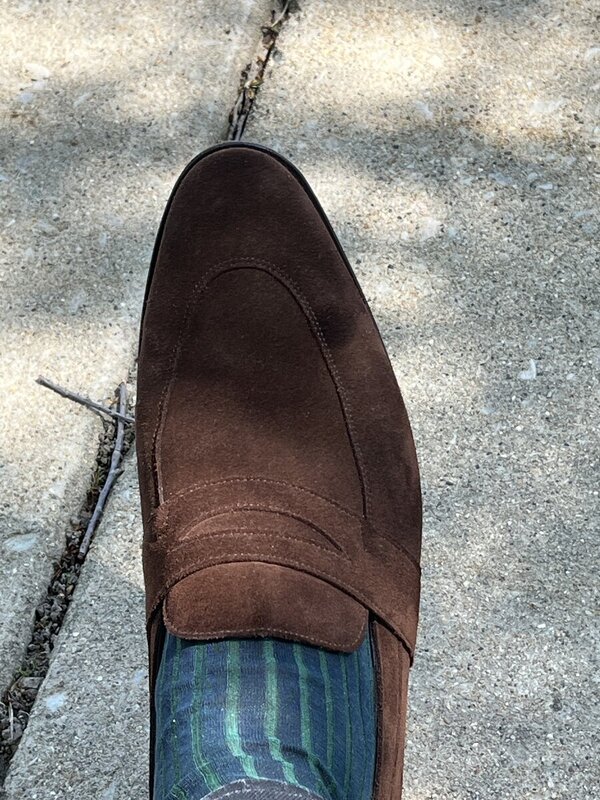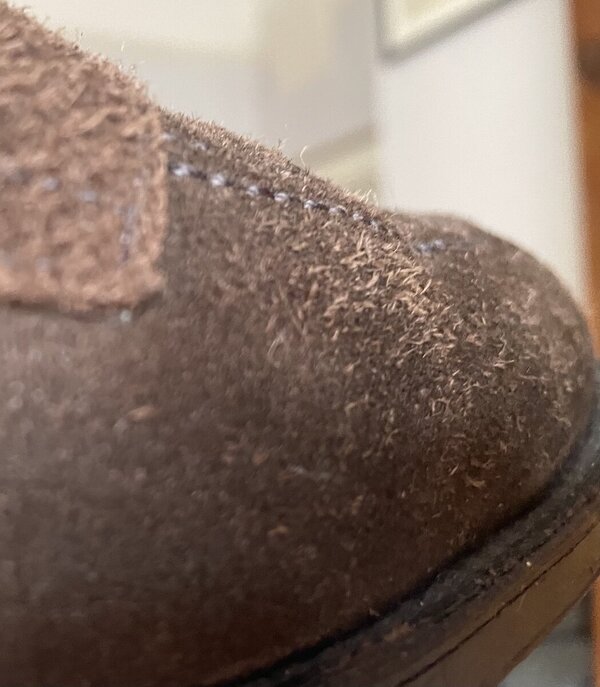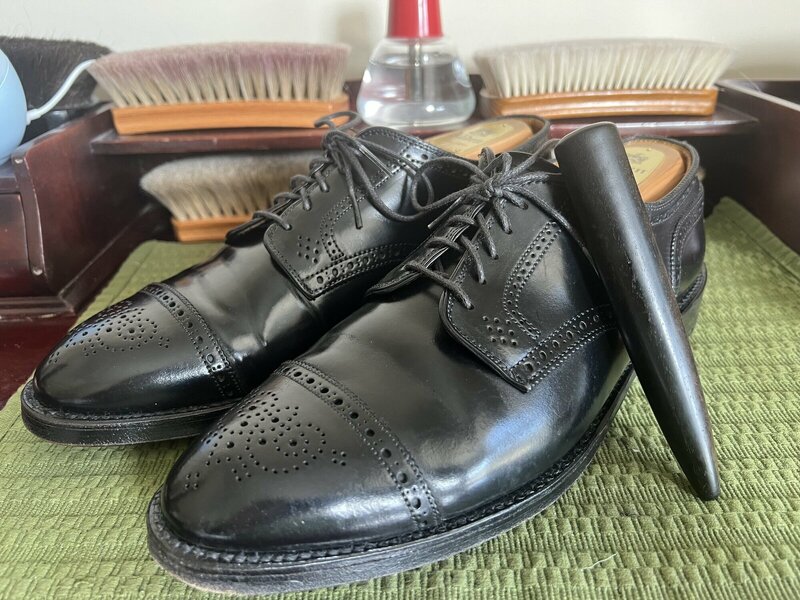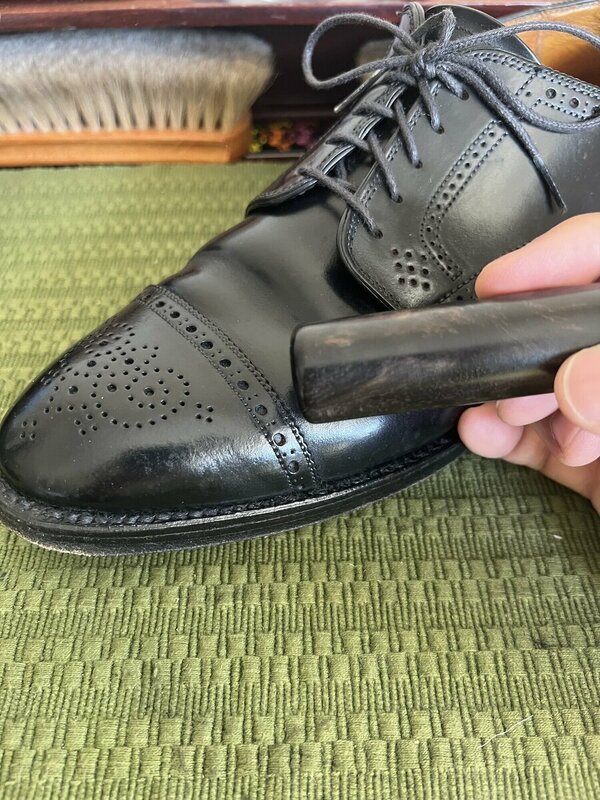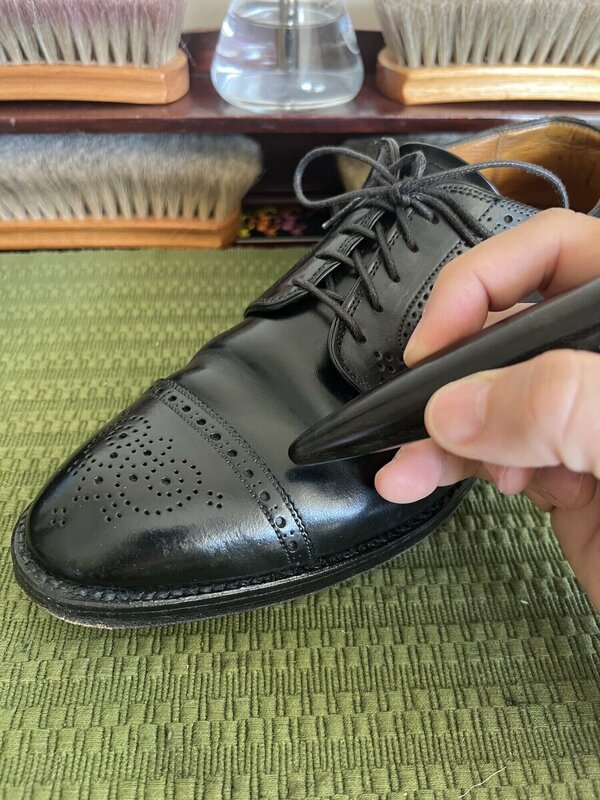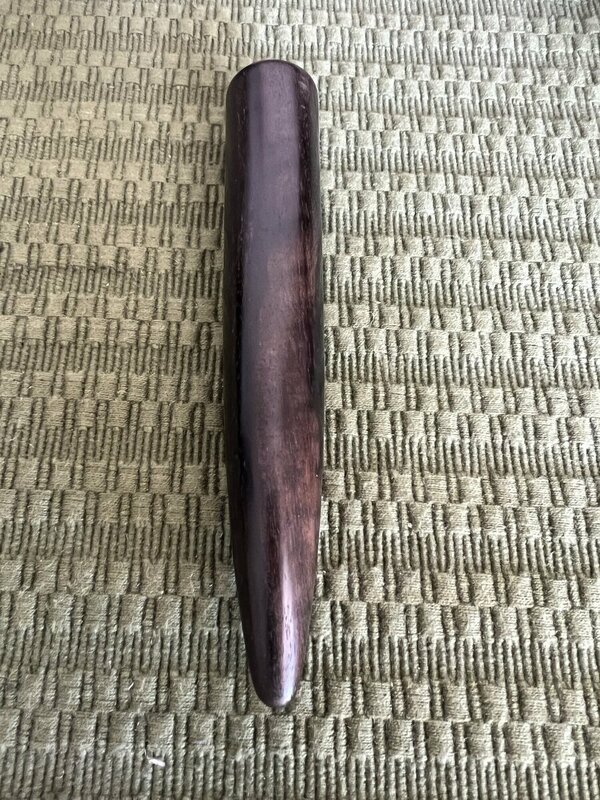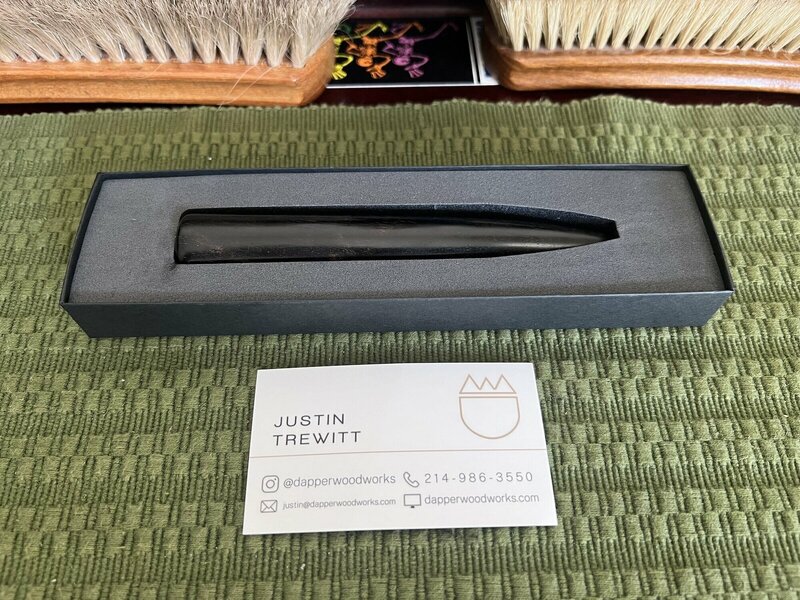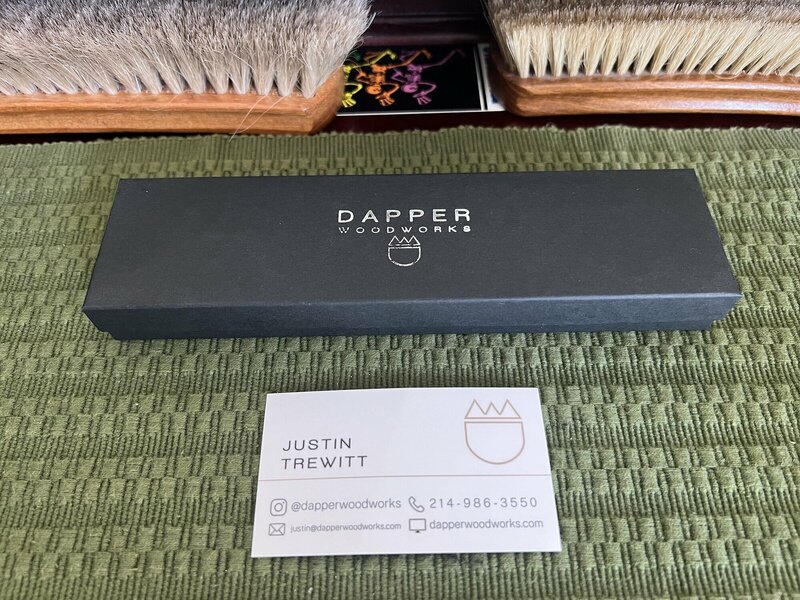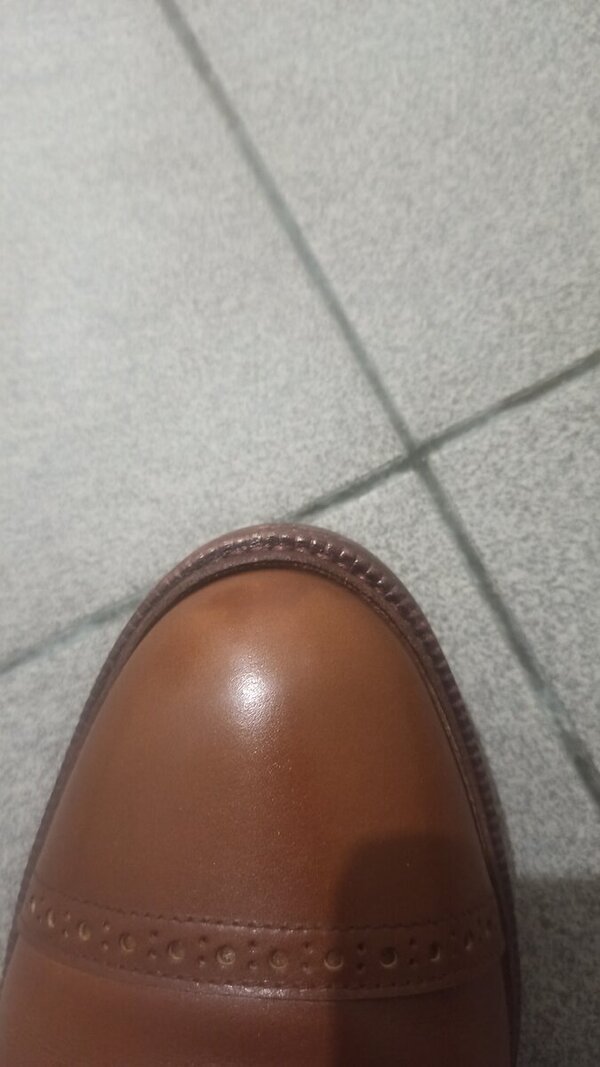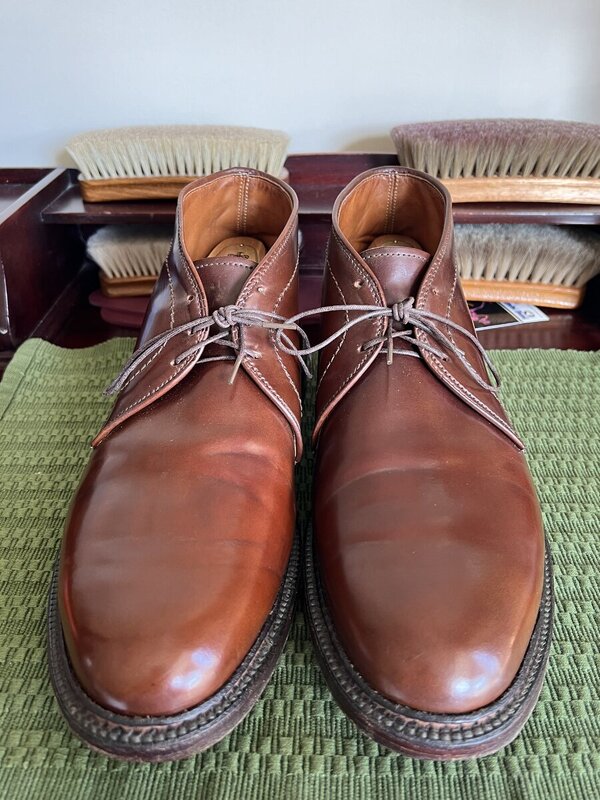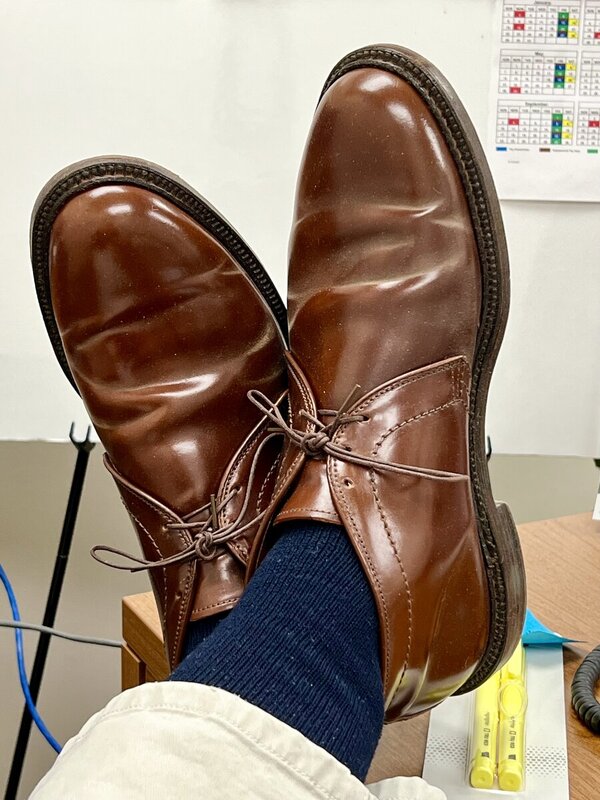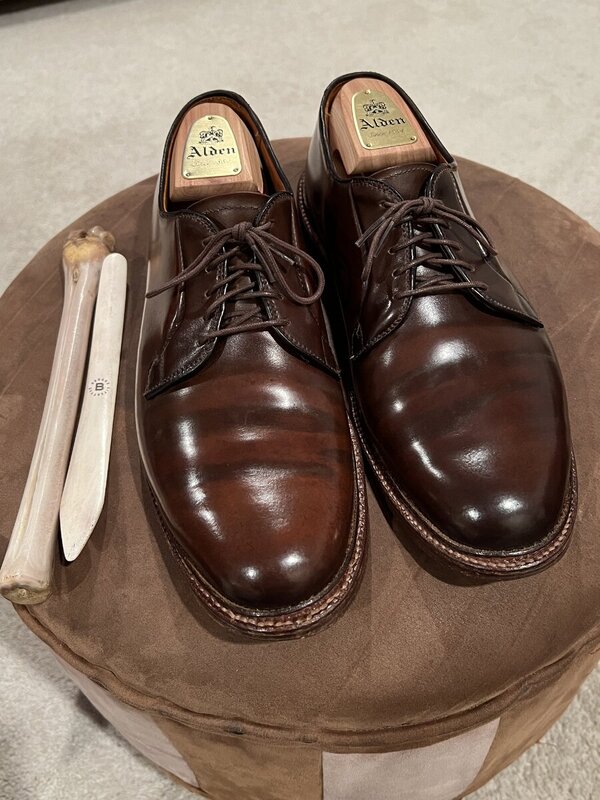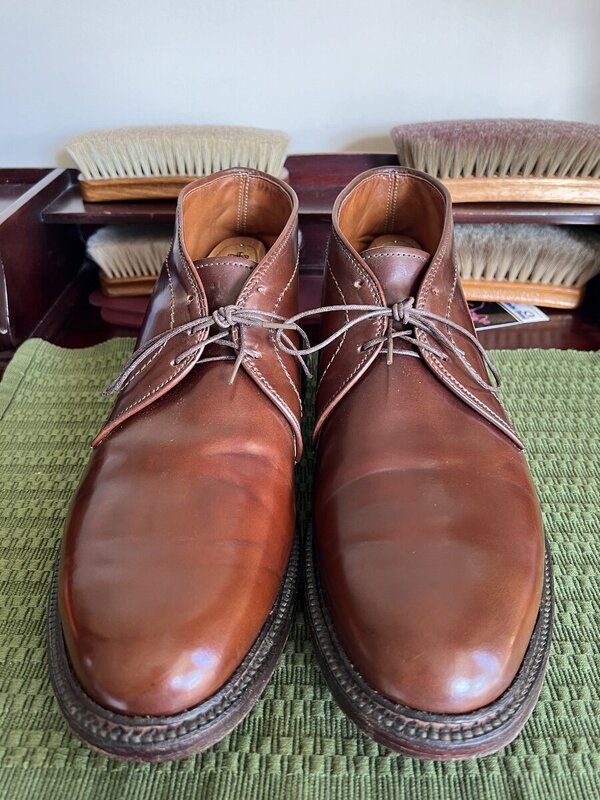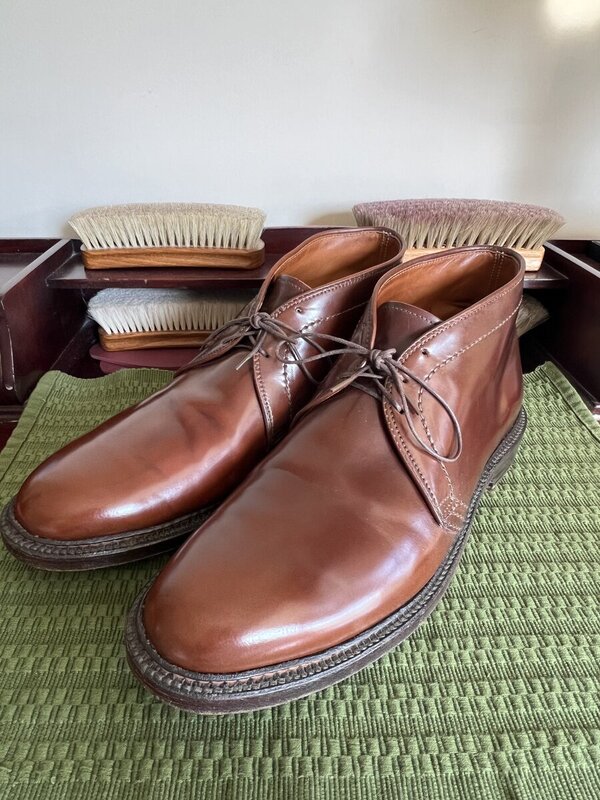Beach Bum
Senior Member
- Joined
- Dec 1, 2012
- Messages
- 444
- Reaction score
- 345
Thanks David. I'm going to go with the Renovateur, several cream polishes, and several of the 50ml wax polishes. WRT to the latter, do you guys use neutral wax often or stick mostly to colored waxes?
Collinil 1909 is available in different sizes at Amazon. CLICK HERE
Saphir Products can be found in the following links:
LINK 1
LINK 2
You may also consider the color guide for a more accurate match:


![mwink[1].gif](http://files.styleforum.net/images/smilies/mwink[1].gif)



